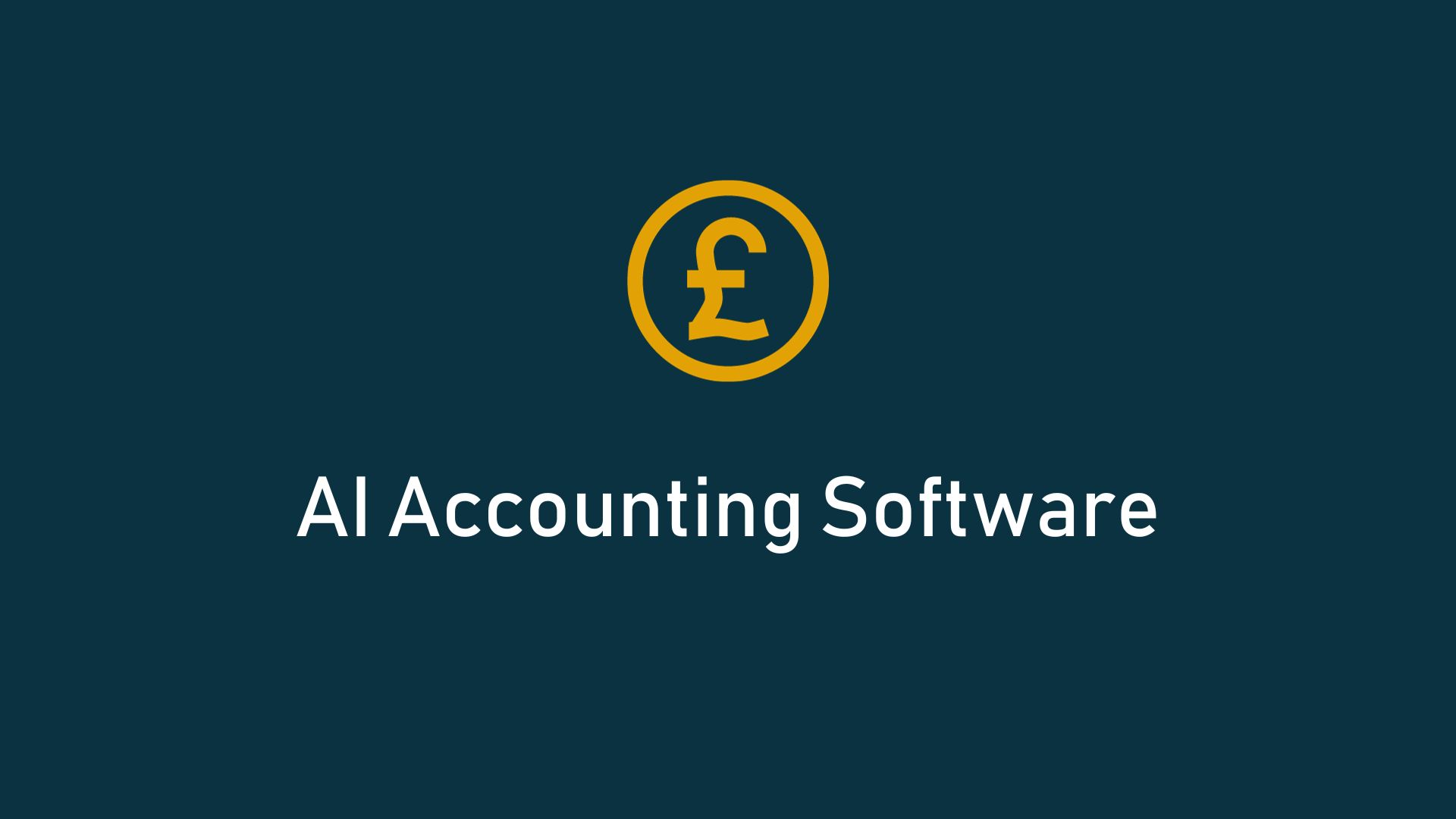The Role of Artificial Intelligence (AI) in Accounting Software
Artificial Intelligence (AI) has revolutionized various industries, and accounting is no exception. AI technologies have been integrated into accounting software to streamline processes, improve accuracy, and enhance decision-making. In this article, we’ll explore the key ways in which AI is transforming accounting software.
1. Automated Data Entry
AI-powered accounting software can automatically capture and enter financial data from various sources, such as receipts, invoices, and bank statements. This eliminates the need for manual data entry, reducing errors and saving time.
2. Advanced Analytics
AI algorithms analyze financial data to provide valuable insights. Accountants can use these insights to make informed decisions, detect anomalies, and identify trends in financial performance.
3. Fraud Detection
AI can detect unusual financial transactions that may indicate fraud or irregularities. This proactive approach helps prevent financial losses and maintains the integrity of financial records.
4. Predictive Forecasting
AI can predict future financial trends based on historical data. This forecasting capability assists businesses in making financial plans and strategies.
5. Natural Language Processing (NLP)
NLP technology allows accountants to communicate with software using natural language. This simplifies data retrieval and reporting, making it easier for professionals to access critical information.
6. Cost Reduction
AI-driven automation reduces the need for manual labor, leading to cost savings for businesses.
Keywords:
AI in Accounting,
Accounting Software,
Automated Data Entry,
Advanced Analytics,
Fraud Detection,
Predictive Forecasting,
Natural Language Processing,
Cost Reduction.
Incorporating these keywords and expanding on each point can help you reach the desired 1000-word count for your article. Additionally, you can include real-life examples, case studies, and current trends to make the article more informative and engaging.









